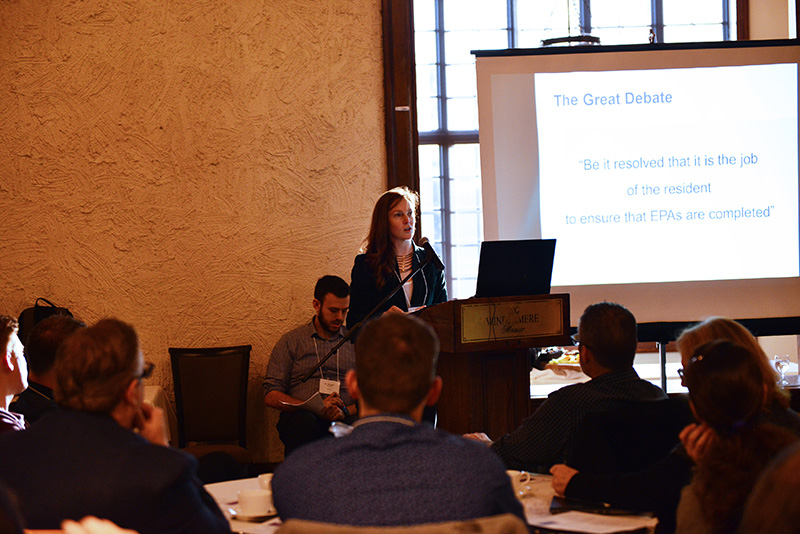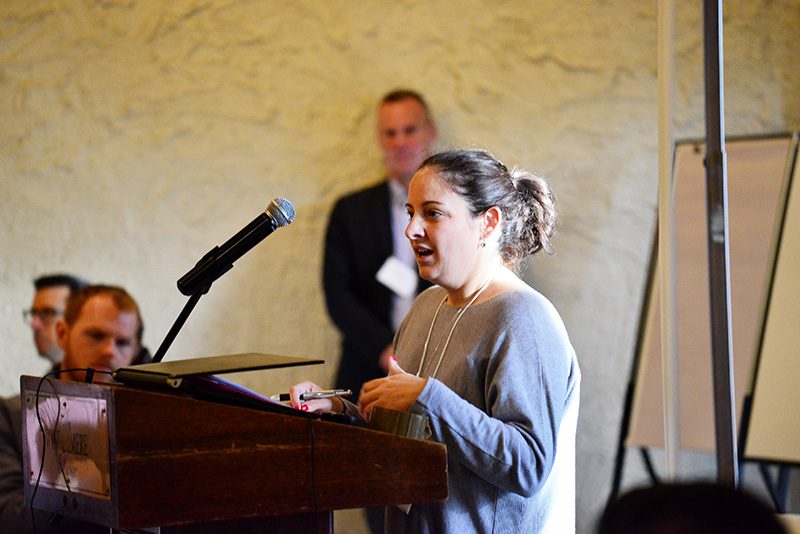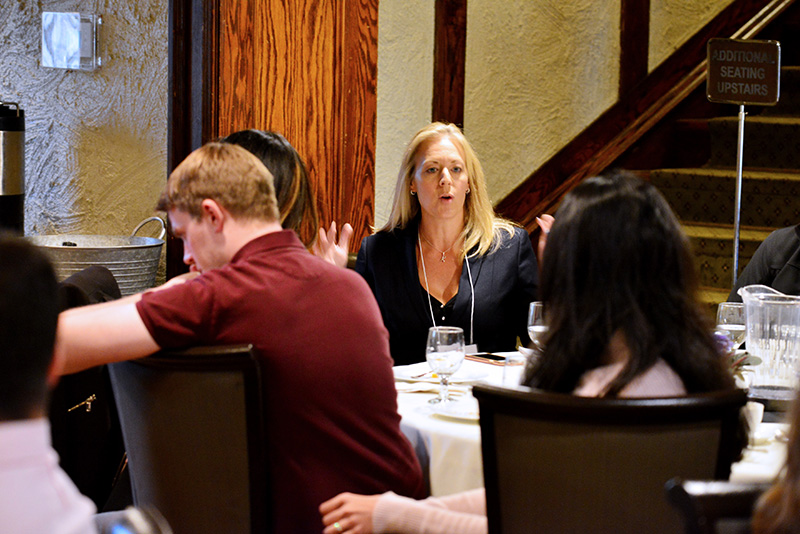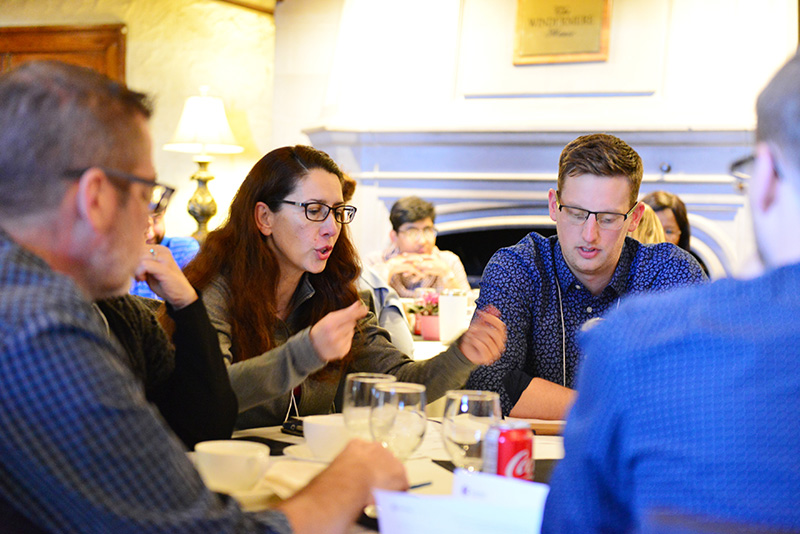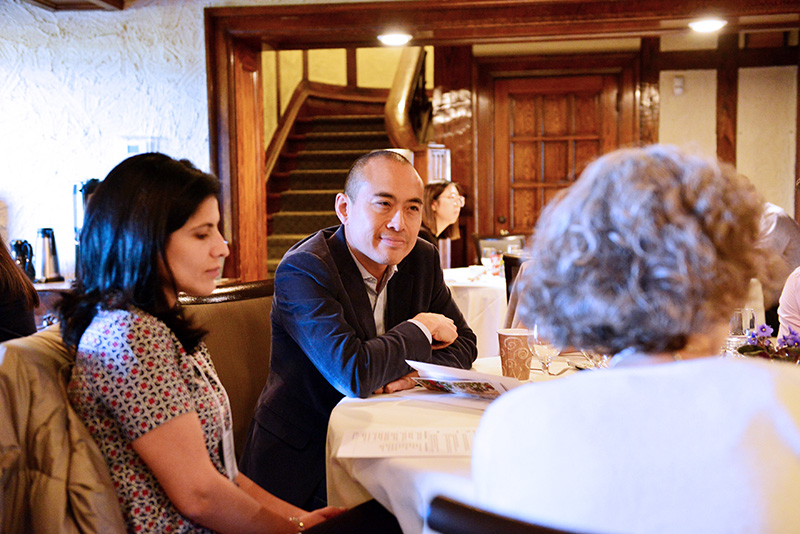Allies in assessment

Who ‘owns’ the responsibility of completing Entrustable Professional Activities (EPAs) during residency? How do we engage in better feedback in clinical settings?
This month, residents and faculty members came together to learn and build understanding at a retreat dedicated to competency-based medical education (CBME).
Organized by the Postgraduate Medical Education (PGME) Office, the retreat aimed to inspire participants to see themselves as allies in assessment.
“This is the start of ongoing faculty and resident co-development,” said Dr. Jennifer Vergel de Dios, the Director of CBME Implementation for PGME at Schulich Medicine & Dentistry. “There will always be a difference in needs and challenges between the two groups, so we need to find common understanding to make this new system work.”
The retreat featured a friendly debate on EPA responsibilities. From Smokey Bear to popular hashtags to raising children, debate teams employed a number of analogies and techniques to argue their case.
The debate was ultimately declared a tie, but it led to an interesting round of discussion on the challenges and opportunities with learner assessment.
“In the CBME framework, EPAs are part of the criteria for certification, so although they are deemed to be low stakes in isolation, collectively they end up being very high stakes,” explained Dr. Vergel de Dios. “Residents are told they are the drivers of their own learning now, so this results in added pressure and stress.”
“In theory, completing EPAs is supposed to be straightforward, so we want to explore why that isn’t actually the case and educate about the practical, day-to-day experience,” she added.
Drs. Anna Gunz and Tamara Van Hooren from the Department of Paediatrics also led the group through a feedback improv challenge, a learning tool they created to practise and model giving feedback.
Participants worked in groups of three – one person played a resident receiving feedback, one person took on the role of delivering feedback and one person acted as the facilitator. Groups were provided with a list of feedback scenarios and examples of learner personalities that made the situation more challenging, such as “blames others” or “denies everything.”
There was consensus among attendees that CBME requires a culture shift, embracing regular assessment and feedback. “We need to shift from a culture of perfection to a culture of excellence,” said one of the participating faculty members. “In sports, the mindset is always to strive to do better and medicine needs to adopt that same mindset.”



